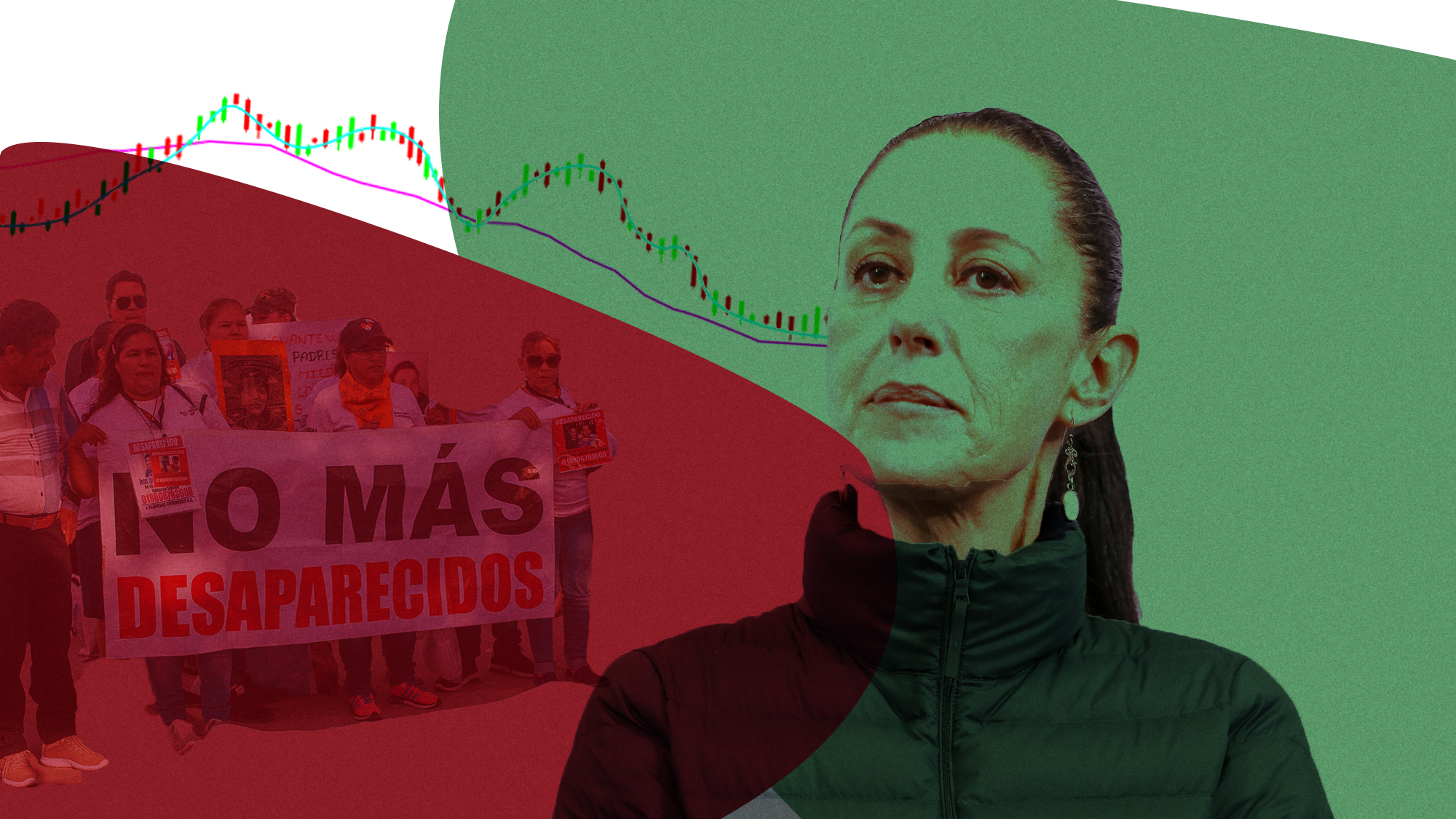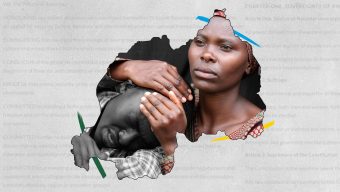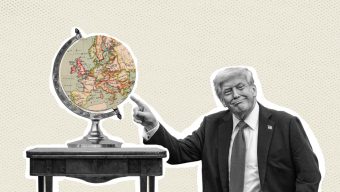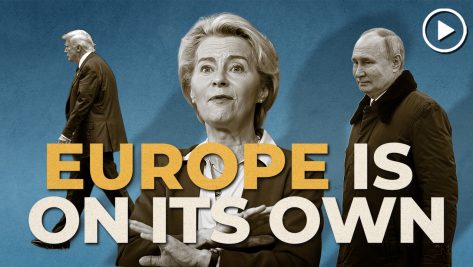For the first time in history, a North American country has elected a female president. Claudia Sheinbaum secured a decisive victory in Mexico’s presidential elections this month. The road ahead is not easy for Sheinbaum. She will need to tackle a series of major challenges in order to drive sustainable economic growth and reduce poverty.
Mexico’s new president should create a conducive framework for domestic and foreign investment to boost domestic production and employment. She will have to tackle structural problems. Among them, insecurity (the country has a long record of drug violence), access to credit, legal uncertainty, informality, regulatory burdens, and poor democratic standards.
The Economist has been publishing an annual ranking of democracy in the world since 1946. It rates 167 countries out of the 193 states that are members of the United Nations. The latest Democracy Index pertains to 2023 and was published in March 2024. As expected, democracy is fully established in those nations at the top of the list, whilst authoritarian regimes populate the bottom of the ranking.
There are 24 full democracies in the world, including Norway (1st place), New Zealand (2nd), and Germany (12th). Spain comes last in this select club (24th), beaten out by a number of Latin American countries, such as Uruguay (15th) and Costa Rica (17th). The list then turns to the imperfect democracies. Here is where we find Brazil (51st), Argentina (54th), and Colombia (55th). Next are the hybrid regimes, which are not considered democratic under The Economist‘s guidelines but are not exactly dictatorships either. This is the case of Mexico (90th place). And it reveals why Mexicans have little faith in their politicians – there is widespread insecurity and corruption and a lack of credibility in the country’s institutions.
Democracy implies a civic culture that values freedom, equality, and justice for all. This is not currently the culture in Mexico. In fact, Mexico is the American country where violence and drug trafficking have put democracy at the greatest risk. This year’s presidential election process was particularly violent for Mexico, with 749 attacks against candidates (firearms, threats, kidnappings, disappearances, and other forms of serious violence). Thirty-four of these candidates were assassinated. This figure rises to 231 if officials, former officials, politicians, ex-politicians, family members, and collateral victims are added. As the Mexican Octavio Paz, winner of the Nobel Prize for Literature, once said, “without freedom, democracy is despotism.”
Newly elected President Sheinbaum’s first challenge is to implement the country’s pending tax and labor reforms. Fiscal reform is essential to increase public income and social expenditure (fiscal pressure, taxes raised/GDP, is only 17% compared to 33.5% in Brazil). This spending should target the poorest areas, improving education and reducing insecurity. Labor reform should encourage job creation to prevent large-scale emigration. Productivity must also be increased through widespread social dialogue. However, the changes need to be made gradually so as not to decimate Mexican SMEs or push them into the informal economy. According to INEGI, SMEs represent 99% of the enterprises in the country. Unfortunately, there are 1.4 million vacant jobs in Mexico that cannot be filled due to the lack of skilled labor.
The rule of law is weak, and the judiciary is not independent.
Sheinbaum’s second concern is to overhaul the national education system in areas such as efficiency and universal coverage in elementary and middle school education. This would provide young people with more opportunities to access the labor market. These measures would help to reduce poverty and crime and improve well-being. It should not be forgotten that in 2022, Mexico was the OECD country with the highest percentage of 25–64-year-olds without secondary education (56%).
The third challenge is to eradicate corruption in government administrations, which generates distrust among investors and production system inefficiencies. According to Transparency International, Mexico ranks 126th out of the 180 countries reviewed (in 2020 it was ranked 124th). Furthermore, 48% of companies operating in Mexico report having encountered corruption in the last year.
Why is corruption so widespread in Mexico? Because the rule of law is weak, and the judiciary is not independent. When the rule of law is weak, journalists are often harassed and put under pressure. (During López Obrador’s presidency, 38 journalists were murdered.) Rich countries are prosperous because they have high levels of transparency and an independent justice system. It is no coincidence that Mexico was ranked 116th out of 142 countries (in 2019 it was ranked 99th) in the WJP 2023 Rule of Law Index, drawn up by the World Justice Project. Mexico is one of the countries with the weakest rule of law and, essentially, the new President must combat corruption and drug trafficking.
The fourth challenge facing Sheinbaum is to reduce the country’s extreme trade dependence on the United States (83% of Mexican exports go to its northern neighbor). It is essential to boost foreign trade with other destinations. Mexico has been dependent on the United States, its main trading partner, because of its geographic location and cheap labor. Goods exports account for a large share of Mexico’s GDP (43%). So, to that point, when the United States is doing well, Mexico does even better. But it is also true that Mexico needs to find new trading partners and strategic alliances to diversify its exports so as not to depend on the US economy.
Finally, Mexico must continue to take advantage of nearshoring. This is a strategy favored by US and Chinese (and other) companies that consists of relocating part of their production closer to their borders to shorten supply chains. The aim is also to reduce transport costs, which have risen sharply in recent years. In contrast to maquilas, the foreign resident is the owner of the factory in nearshoring and must register and pay taxes in Mexico.
In short, Claudia Sheinbaum has a huge amount of work ahead of her. If we take one of the symbols of her national coat of arms as a reference, we can say that it would be advisable for the Mexican eagle to take flight, and to do so by improving the country’s institutions.
This article originally ran in Spanish in Expansion.
© IE Insights.











